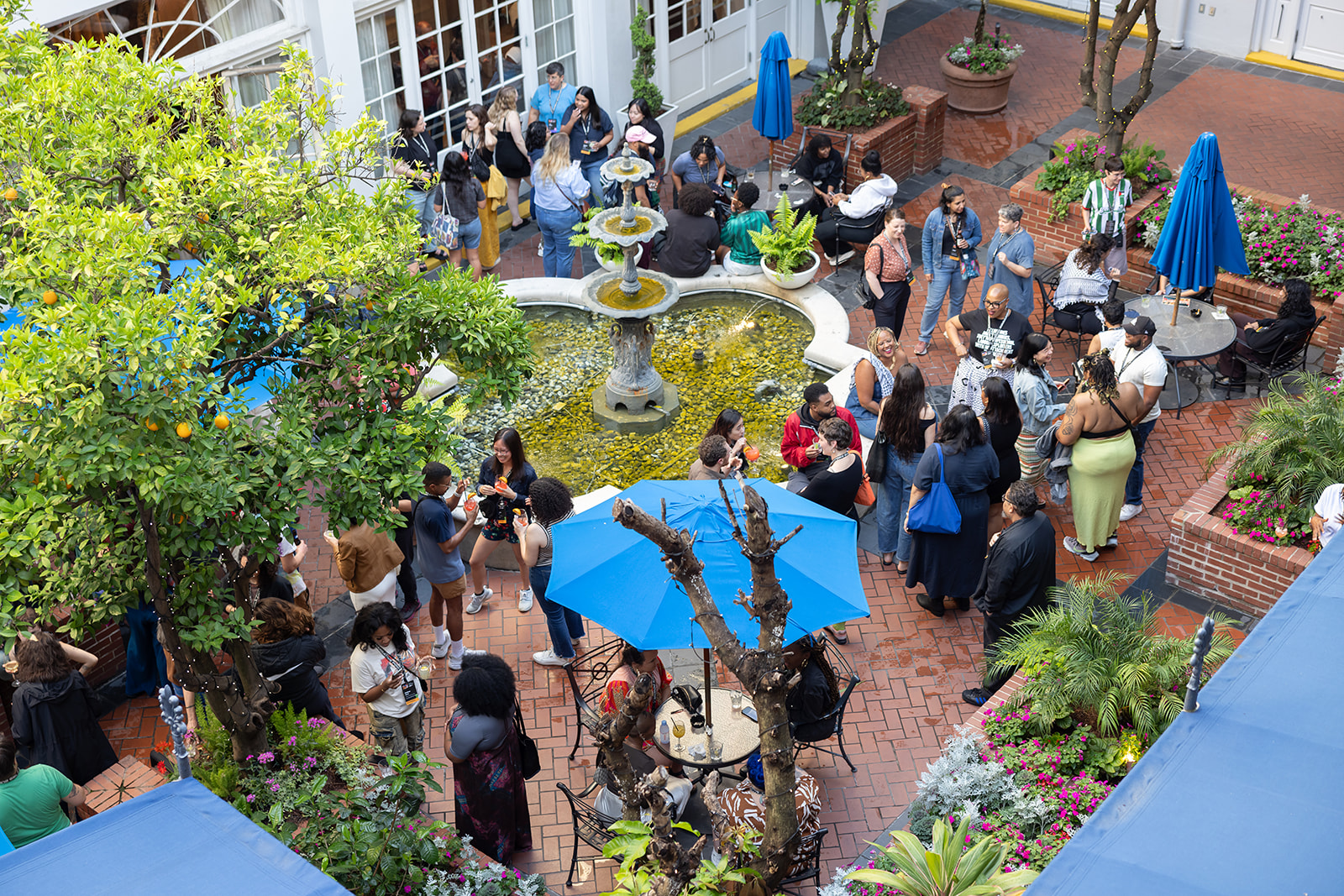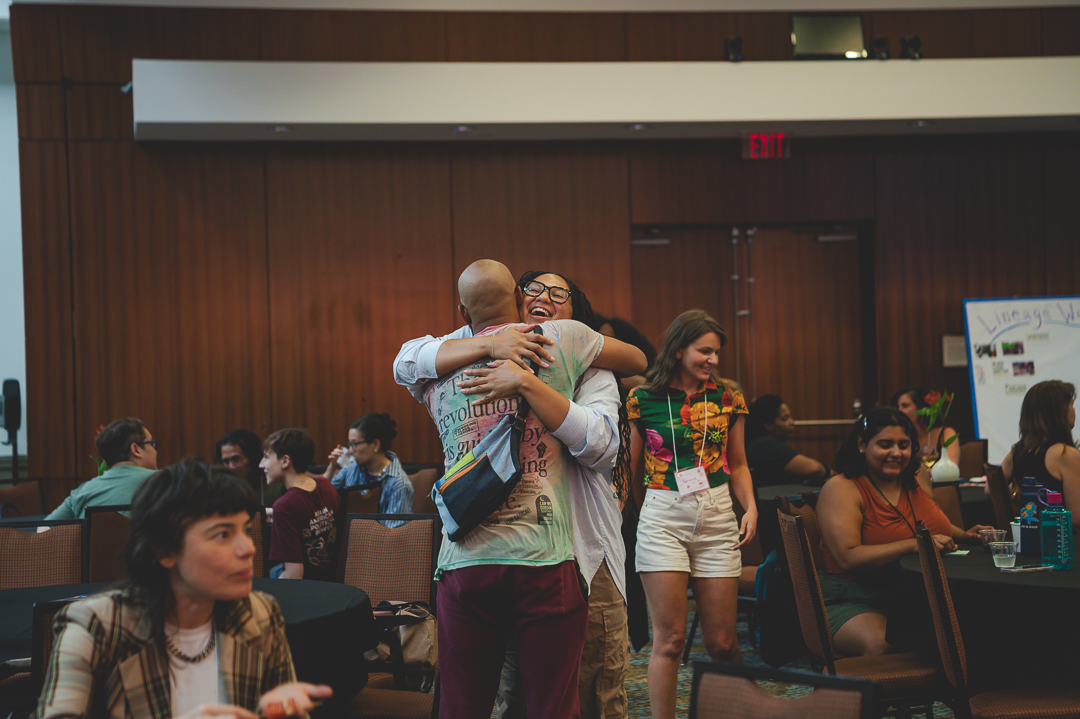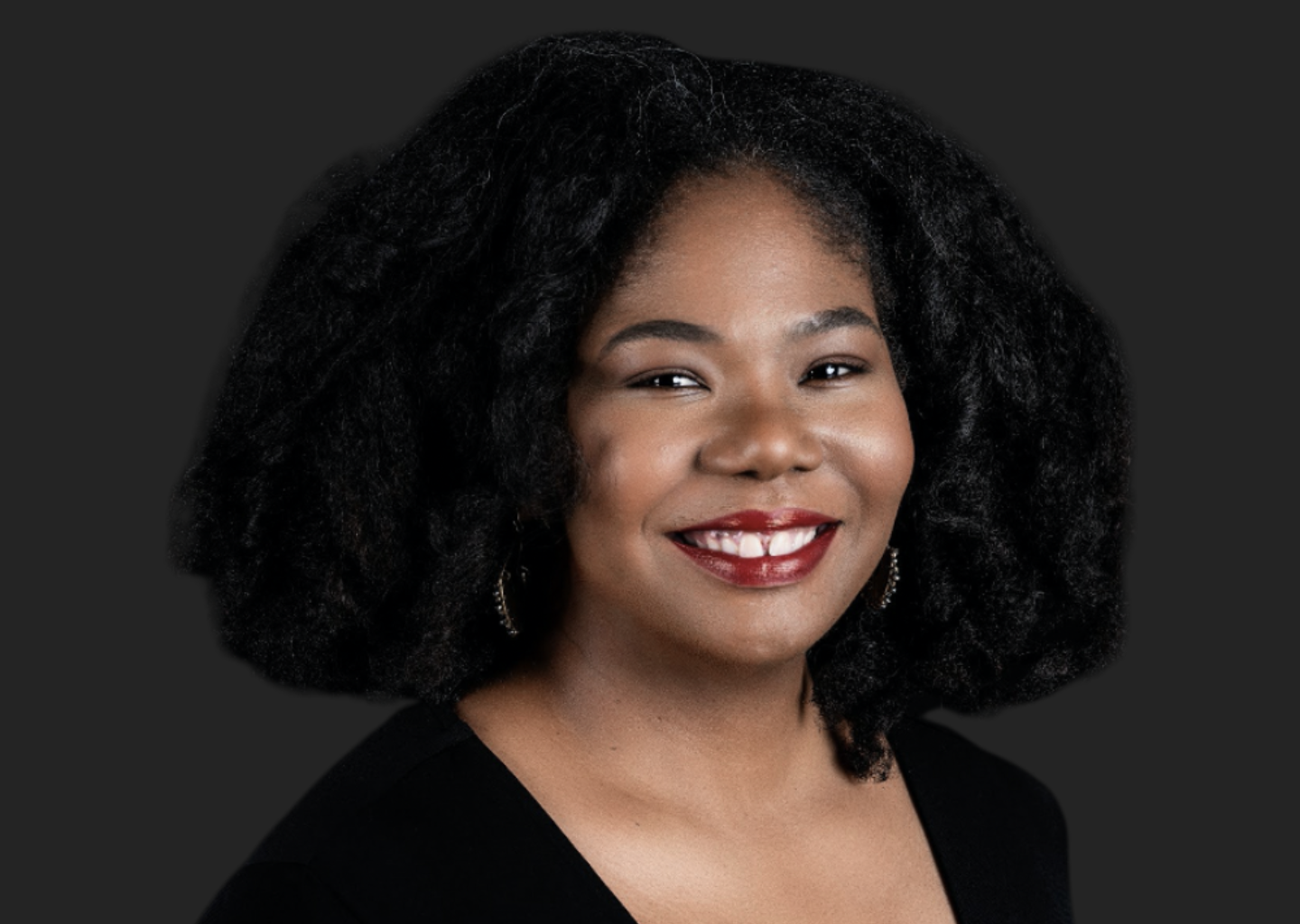Last week, in an attempt to figure out how to best support the Ukrainian people in the very early days of the Russian invasion, I wrote an email to a small group of friends. With some encouragement, I turned it into the following post. At the risk of sounding like an armchair commentator, I offer it in the spirit of ReFrame: hoping to offer tools of narrative analysis by example and possible steps we can take to connect our own work to global issues. I hope you read to the end, and that my wrestling with the emerging stories - and narratives they tap into - about the violent Russian invasion, lands with some very clear steps we can all take. Thanks to Jen Soriano, Felicia Martinez, and Crystal Aryee for the support in writing this.
My heart and mind are with the everyday Ukrainian people who fled their homes ahead of massive violence; those who have faced racism - specifically anti-Black and anti-African racism at the international borders; those who joined defense forces to protect their homes and families; those watching from abroad with deep worry for friends and family back home; and those who already lost loved ones and neighbors to the Russian invasion.
Here are some reflections on the stories, narratives and political conditions surrounding the Russian invasion of Ukraine, and what we can do.
The TL;DR - How the meme of a Ukrainian granny with a gun hides a far right secret OR the fog of war is murky, beware of the far right OR, the fight for multi-racial democracy at home and abroad.
I just got off the phone with my dad. I asked after his friend Viktor, an immigrant from Ukraine whose brother joined a local defense force in his city.
Viktor’s brother's story matches the dominant news media coverage of what's happening on the ground in Ukraine - Everyday Ukrainians are turning up and turning out to defend their homes against the Russian invasion. It was captured perfectly by President Zelensky himself when he declared, “I need ammunition, not a ride.”
This powerful story taps into deep narratives around home, self-defense, nationalism, masculinity and heroism. I call this story “archetypal.” It is not quite a narrative, but we understand it because it shares an architecture with so many others; outmatched hometown kids who, under extreme circumstances, defeat or greatly damage a stronger invader/bully/army, etc.
An inspiring story that taps into this archetype comes from the Daily Mail - “This woman is my hero”: Praise floods in for the 79-year-old Ukrainian woman with an AK-47 who was pictured training with special forces to take on Russian invasion.
After that headline, Valentyna Konstantynovska became MY hero. An elderly woman and grandmother taking up arms to defend her people?! We need all the memes and a t-shirt with her face on it. Valentyna’s story messes with the archetypal story’s hidden transcript of the male protector, and if told correctly challenges the more troubling narratives about militarized masculinity and nation.
But wait a second, who trained this modern day heroine and stereotype-smasher?? According to the Daily Mail, and many other news outlets, it was the Ukrainian National Guard. True, and more specifically it was the Azov Battalion - a former volunteer militia that was incorporated into the National Guard after fighting Russian separatists in 2014. Oh yeah, and they are an armed far right neo-Nazi organization with bodies well beyond the Battalion - including a political party and a vigilante paramilitary group who apparently have an elderly training program. You read that right, the granny with a gun was trained by avowed Nazis with disturbingly growing reach.
Azov Battalion is not just an unfortunate detail that muddies some of the powerful stories of everyday bravery of a people under siege, it is a dangerous reality for the rest of the world. Members of far right organizations across the globe have previously and are currently flocking to Azov in order to gain combat experience (including US white power militants). The mass murderer who killed 49 people in New Zealand in 2019 wore a symbol commonly used by the Azov Battalion.
Some point to the Azov Battalion as the evidence for Putin’s claim to want to “de-Nazify,” Ukraine. But while the existence of Azov muddies the simple narrative of heroic Ukraine resistance, we can’t look to it to crystalize Putin’s justification for invasion. As Popular Front points out, “... [while] the far right problems in Ukraine are serious and have not been properly addressed by the government there, the idea that everyone pro-Ukraine is a Nazi is nonsense.” If we look at the 2019 election to get a sense of which way the wind blows, President Zelensky, who is Jewish, won with 73% of the vote while the far right political coalition only got 3% of the vote - not quite the widespread Nazism Putin is fear mongering about.
To further challenge Putin’s claims of fighting the right, US based right wing organizations are loving Putin for: pushing back against a ‘globalist’ (read “Jewish”) agenda backstopped by NATO; and for being the Vladdy Daddy of anti-wokeness. Not surprisingly, we see a large helping of trans/queer bashing wrapped up in support for Putin, all at the same time that mainstream US right wing politicians are using trans people as the punching bag in a rekindled culture war (look to Texas and the order by Governor Abbott).
Outside of explicit organized right wing opportunism, the response by political leaders and everyday people outside of Ukraine exposes the troubling reality that right wing ideology is not just at the margins. Many have pointed out the speed with which European countries opened their borders to refugees from Ukraine and how the outpouring of support in the face of the Russian invasion is in contradiction to how other people fleeing humanitarian crisis or invasions - Syrians, Iraqis and Palestinians for example - have been treated, at best ignored and at worst demonized, blamed and left for dead. The mainstream press shepherds this racist double standard forward with breathless war-time reporting showing deep empathy for “civilized” Ukrainians (read white, European, etc.) and comparing them to the forgone conclusion of war embattled Iraqis or Syrians (read brown and not civilized, etc.). This is not just individual unconscious bias and subtle racism, it is the liberal expression of entrenched far right ideology that shows up in language, action (or inaction), and racist and homophobic policies that determine who deserves nationhood and who deserves to be saved. For example, when Polish interior minister, Mariusz Kamiński, recently said “Anyone fleeing from bombs, from Russian rifles, can count on the support of the Polish state,” he really meant it and the anti-LGBT laws and practice of stopping Black at the border was not a contradiction because, in his mind, queer and Black people are not anyone, they are not people.
Meanwhile, important stories that could challenge right wing policies and ideologies are pushed to the margins. For example the story of Vikto Pylypenko, Ukraine’s first out military service member who is leading over 100 queer troops and veterans against the Russian invasion, with many seeing this fight for Ukrainian sovereignty and a defense against Russian state sponsored oppression of queer people. What would it mean for this story to be splashed across mainstream (read straight) press vs. having to go find it in the queer press?
So what does all of this mean, and what are we to do?
First, we must support Ukrainians as they continue to defend their homes and families from Russian violence individually and collectively. As Malkia Cyril tweeted last week - “I support the Ukrainian resistance to Russian invasion. Full stop.” This support should be in both words and deeds. We should specifically support queer and trans people, women and Black people in Ukraine and among refugees - who, by their existence in Ukraine, are literally on the front line in the face of violent right wing ideology, and whose heroism is made invisible by narratives of masculinity and nationhood.
Second, Russia and Putin are not the only threats to democracy that we need to worry about. The fog of war should not obscure the grave threat of the global organized far right and the threat it poses to multi-racial democracy in Ukraine, in the US, and across the world. In supporting everyday Ukrainians we should make sure our support bolsters democracy and progressive values in the country and among all refugees fleeing Russian violence. Russia’s, Poland’s and other countries’ anti-queer rhetoric and laws are a toehold for the far right, which is actively advancing similar laws in the US. Underneath these laws and rhetoric is an ideological commitment to “traditional families,” which calls for the elevation of white supremacy, the criminalization of queer and trans people, and the subjugation of women in service of men - the embodiment of the nation.
Third, we can push back against right wing narratives that dominate the stories about Ukraine. Again I look to Malkia Cyril, “...I do not support America acting like it knows a damn thing about democracy, or Western media reporting on this as some unique moment because the refugees being made and lives ended are white.” We can choose not to spread propaganda for the right, refrain from spreading disinformation, and challenge right wing ideology where it shows up. We can hold big media institutions accountable by writing letters, calling editors and reporters and pushing for more coverage that advances multi-racial democratic ideals. We can also flex our social media skills and retweet, repost and comment on the inspiring stories about everyday Ukrainians, refugees, and the diaspora that embody multi-racial democratic values while supporting Ukrainian resistance. We can draw true inspiration and hope from stories like the queer troops who, despite being outmatched by a powerful and terrifying adversary, are fighting. We can spread that inspiration, the unifying salve that rescues us from despair, and advance stories that make multi-racial democracy more visible, and therefore possible.
Fourth, we can double-down on our support of groups that buffer against the far right and build a multi-racial democracy here at home. In the US, the organized far right, which shares both ideological and material connections with an international far right, exerts strong influence over the political mainstream. They float weather balloons to test stories, narratives and meaning making - think CRT and anti-trans laws and mandates - to ignite controversy, expand their reach, and squash multi-racial democracy. Given the linkages between the far right internationally and domestically we must advance a vision of multi-racial democracy at home and abroad. This vision must be put into action through robust organizing, civic engagement, and powerful narrative strategies. Doubling down on multi-racial democracy at home is critical to peace at home and abroad. Organizations doing the daily work of consolidating that vision, holding the line against far right and mainstream fervor, and building the bases of people needed to put that vision in action like LUCHA, Florida Rising, ISIAH, Power California, Virginia New Majority, SONG, Rural Organizing Project (of course there are so many more) should be supported and lifted up for their powerful work.*
Finally, the humanitarian crisis sparked by the Russian invasion will have ripple effects for years to come. As we continue to work on the political and narrative conditions that can push back against right wing authoritarianism, we can also continue to practice mutual aid on a global scale. Here are places to donate, including places that specifically help LGBTQ+, Black and African-Ukrainian refugees. Here are few places you can express your support**:
* I list these organizations because I am familiar with the awesome work they do, I am not implying they agree or disagree with this post.
**This is just a small list, please share your recommendations and we will add to it.







































.jpeg)


.png)

%20(1).png)




























